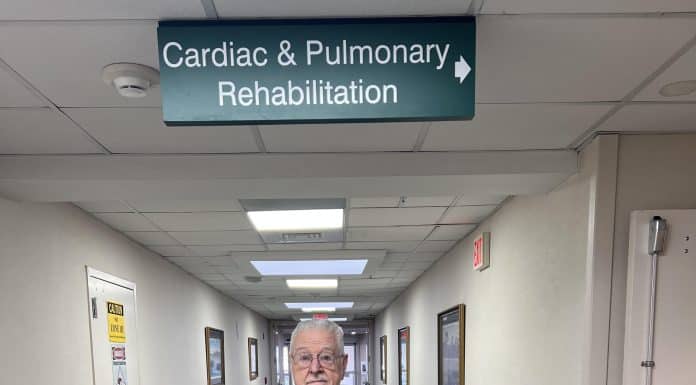The American Academy of Audiology defines an audiologist as “… a person who, by virtue of academic degree, clinical training, and license to practice and/or professional credential, is uniquely qualified to provide a comprehensive array of professional services related to the prevention of hearing loss and the audiologic identification, assessment, diagnosis, and treatment of persons with impairment of auditory and vestibular function, and to the prevention of impairments associated with them”. There are many different ear conditions that cause vertigo. The American Academy of Otolaryngology defines vertigo as a”… specific type of dizziness experienced as an illusion of movement of ones self or the environment… a sensation of the world rotating, usually associated with nausea and vomiting. Vertigo usually is due to an issue with the inner ear.”
The most common type of vertigo is called Benign Paroxysmal Positional Vertigo (BPPV). As the name implies it is benign in nature and occurs when you move your head in different positions. BPPV typically lasts 30 seconds and stops once the head is still.
Why does it occur? There are crystals of calcium carbonate in our inner ears. Some people call them “ear crystals” or “ear rocks”, but they are actually called otoconia. When the otoconia get dislodged and end up in a semicircular canal where they should not be your brain gets a false signal that you are spinning or the room is spinning. I’ve treated patients whose otoconia got dislodged due to being in a car accident, riding a roller coaster or tripping over their dog and falling.
Audiologists typically treat BPPV by doing a repositioning maneuver in office. I do not recommend that you do this on your own as you may unintentionally move the otoconia to another canal, worsening the condition and the odds of successful treatment.
There are cases where BPPV resolves on its own, however, those who undergo a repositioning maneuver tend to feel better after one of two treatment sessions.
Unfortunately, BPPV can reoccur. I have patients whose symptoms return every spring or fall. Current research suggests that increasing vitamin D can help reduce the chances of BPPV reoccurring. Please speak to you family physician before starting a vitamin D regimen.























